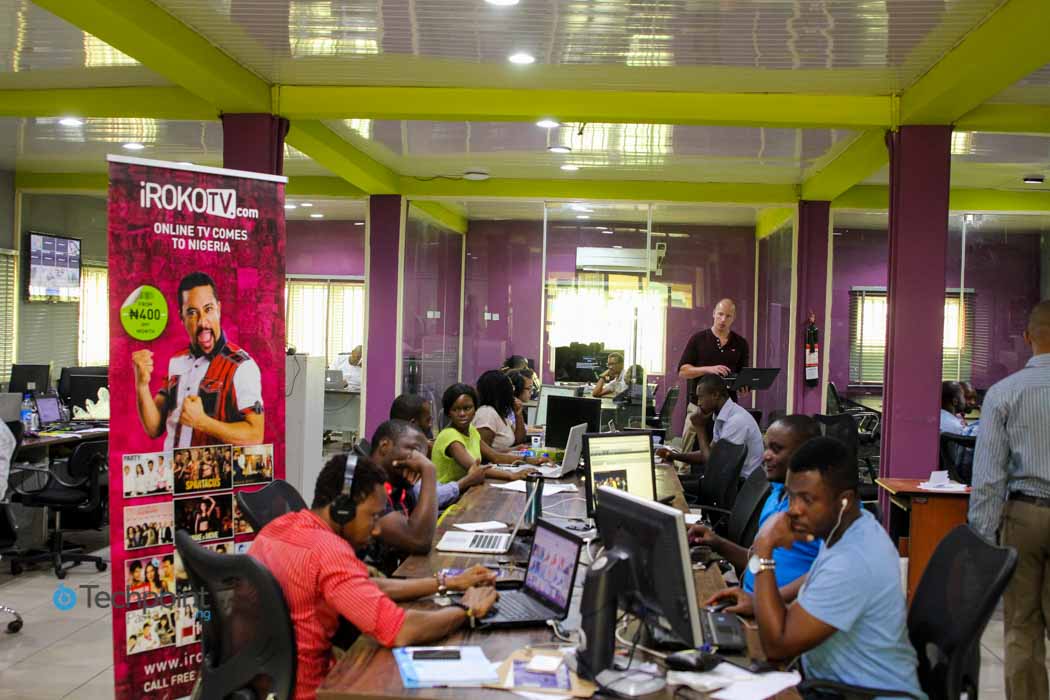The Angolan government has revealed a grand plan to construct a unified national cloud project offering several services. The project will cost $89 million and includes the construction of two data centres and the modernisation of an existing centre.
Both centres will be connected by a fibre optic ring and will serve to provide high-speed Internet connectivity to government departments and help unify data from all ministerial departments.
The Angolan government expects to complete the project by Q1 2024, and all data centre silos for ministerial departments, which are revealed as unsafe, will be transferred to a single unified location.
According to André Pedro, the director of the National Institute for the Promotion of the Information Society (INFOSI), the national cloud project will also provide a secure environment for citizens' data and increase the availability of electronic services.
This move also had different side effects. Before now, INFOSI issued the .ao domain for users, but it says that once the project is completed, it will issue licences to companies to that effect. Okay, wait a minute. Why is this newsworthy, you say?
Why this matters

Any company or organisation that's dependent on technology needs data centres to function optimally. Even if you don't run a tech-enabled business, a data centre could impact the success of your bank transfers or the clarity and smoothness of your YouTube or Netflix shows.
Africa lacks enough data centres to serve its teeming Internet population. According to Tellimer, Africa has the lowest number of data centres per Internet user in the world. Africa has just 86 collocation data centres across 15 countries. In contrast, North America has 2031 across three countries.
Since 2016, more companies have been building data centres. This has been largely fuelled by US-based big-tech giants. Now we've gotten to the sweet spot. Data is essential and critical, and as more governments try to go digital, they need to ensure confidential data doesn't get outside the country's shores. Hence the rise in concerns about data sovereignty.
Since 2022, we've been aware of two data centre launches by the Nigerian government. One with Lagos state amidst its smart city initiative, and the other by the federal government in Kano State.

Be the smartest in the room
Give it a try, you can unsubscribe anytime. Privacy Policy.
However, Angola has been knee-deep in state-owned technology services. For two decades, the country's telecom sector has been a de-facto monopoly until Unitel's resurgence and Africell's launch in 2022.
Angola's national cloud project goes deeper

In October 2022, the country launched its second satellite, the Angosat 2, to undergo earth observation and improve nationwide broadband services. The Angosat 2 would be Africa's 5th satellite launch in 2022 and the continent's 49th overall launch.
At the time, the government promised to extend investment to other network infrastructure projects. By February 2023, the authorities also announced the inauguration of the North Submarine Cable System, which will extend its national fibre project to all provinces within the country.
If you're unfamiliar with unified fibre projects, this article might be useful.
So let's know what you think of Angola's national cloud project. What do you think about state-owned data centres? Should we be wary of big tech data centres? Feel free to comment. It could form the basis for my next story.





















